When Bitcoin came out in 2009, it introduced the world to decentralized finance. Many people want to know if they can use Bitcoin legally since tax authorities, law enforcement agencies, and regulators worldwide are still arguing about how to control it.
Even though Bitcoin is accepted in many places, some countries are worried about its volatility and lack of central control. Some people also see it as a threat to their current financial systems and worry that it could be used to fund illegal activities like drug trafficking, laundering money, and terrorism. Several governments have openly outlawed digital money, while others have attempted to shut off any support for it from their banking and financial institutions.
It is unlawful in Algeria to buy, sell, use, or keep virtual currency. This law was passed in 2018 and made it illegal to use cryptocurrency.
Bolivia
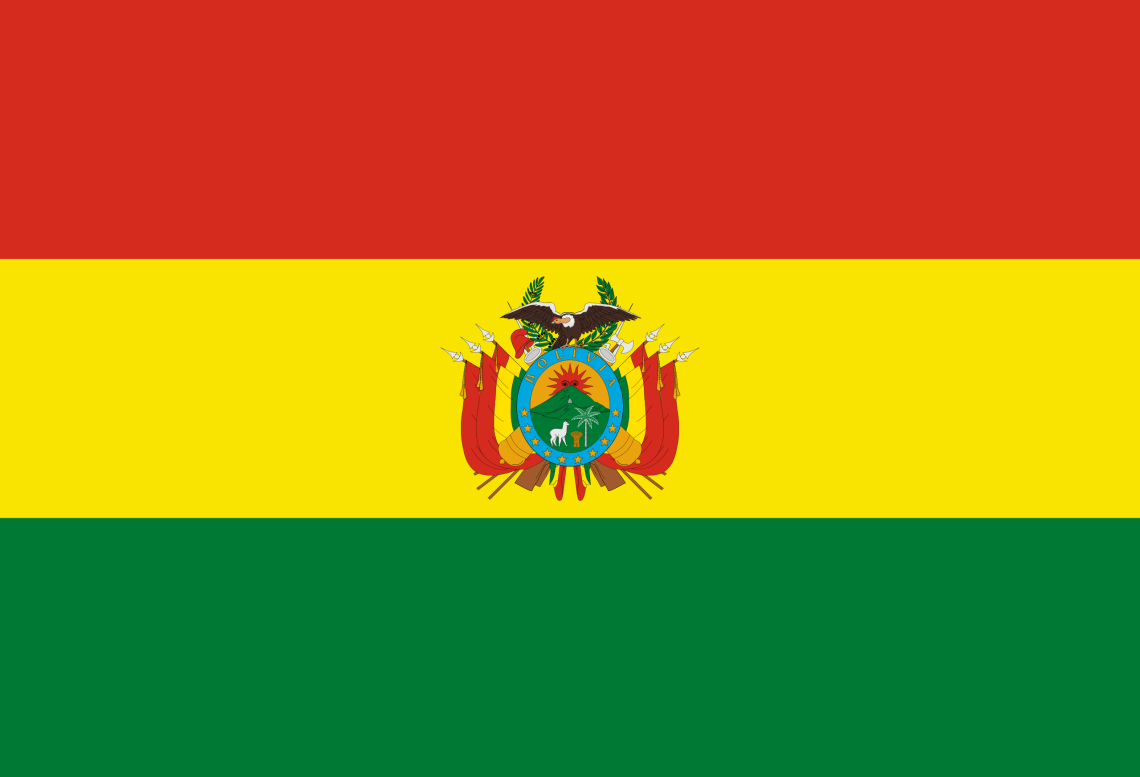
Since 2014, Bolivia has had a complete ban on the use of Bitcoin. The Bolivian Central Bank banned it and all other currencies not controlled by a country or economic zone.
Colombia
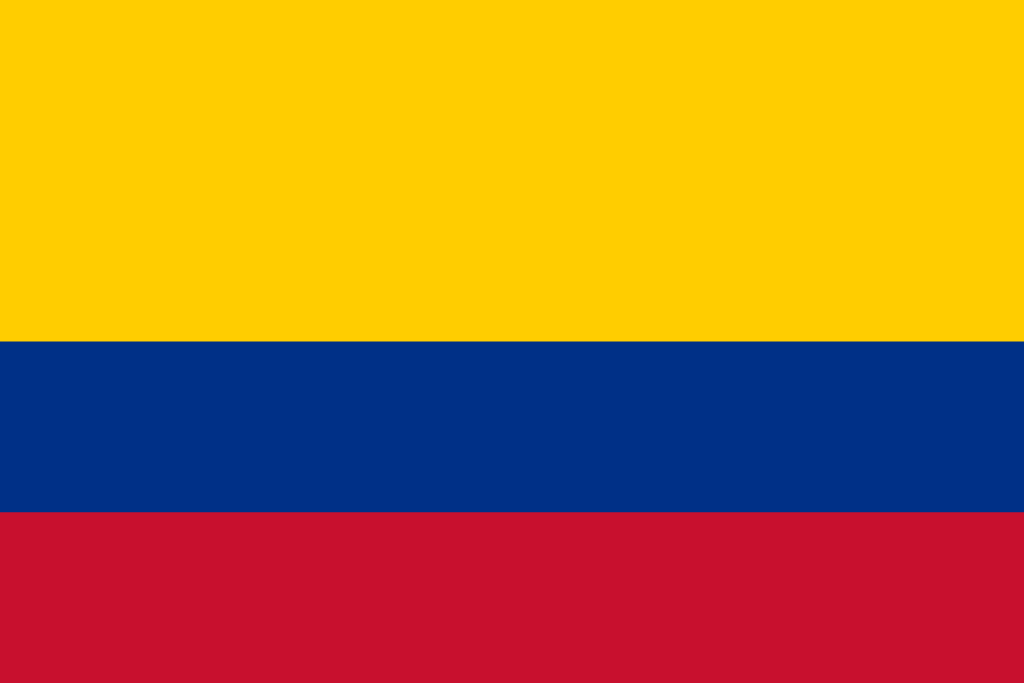
In Colombia, banks cannot help people buy or sell Bitcoin. In 2014, the Superintendencia Financiera told financial institutions that they couldn’t “protect, invest, broker, or manage operations with virtual money.”
Egypt

Dar al-Ifta, Egypt’s leading Islamic advisory body, issued a religious decision in 2018 declaring Bitcoin transactions “haram,” which implies they violate Islamic law. Even though they are not legally binding, Egypt’s banking laws get stricter in September 2020 to stop people from trading or promoting cryptocurrencies without a license from the Central Bank.
The country’s central bank, Indonesia Bank Indonesia, has made new rules that make it illegal to use cryptocurrencies, like Bitcoin, as a way to pay to start on January 1, 2018.
Iran
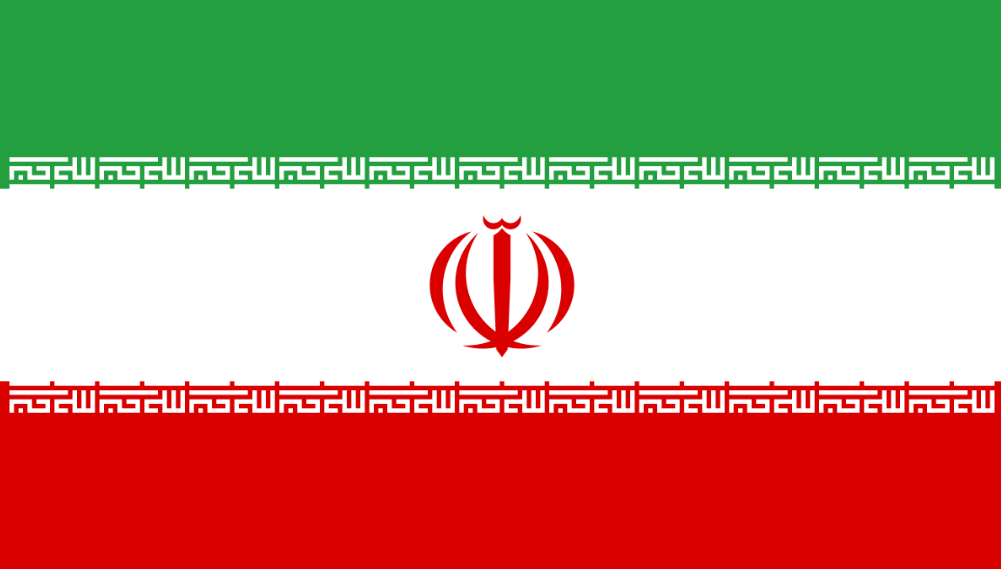
The relationship between Bitcoin and the Iranian government is not simple. Iran has turned to Bitcoin mining, which can make a lot of money, to pay for imports and avoid the worst effects of crippling economic sanctions.
Even though the Central Bank doesn’t allow trading of cryptocurrencies mined outside of the country, it has provided incentives for Bitcoin mining in the country.
India

India is getting more and more opposed to cryptocurrencies. On November 23, the government said it planned to bring a new bill to the Indian parliament that would create a new digital currency backed by the central bank and ban almost all other cryptocurrencies.
Iraq
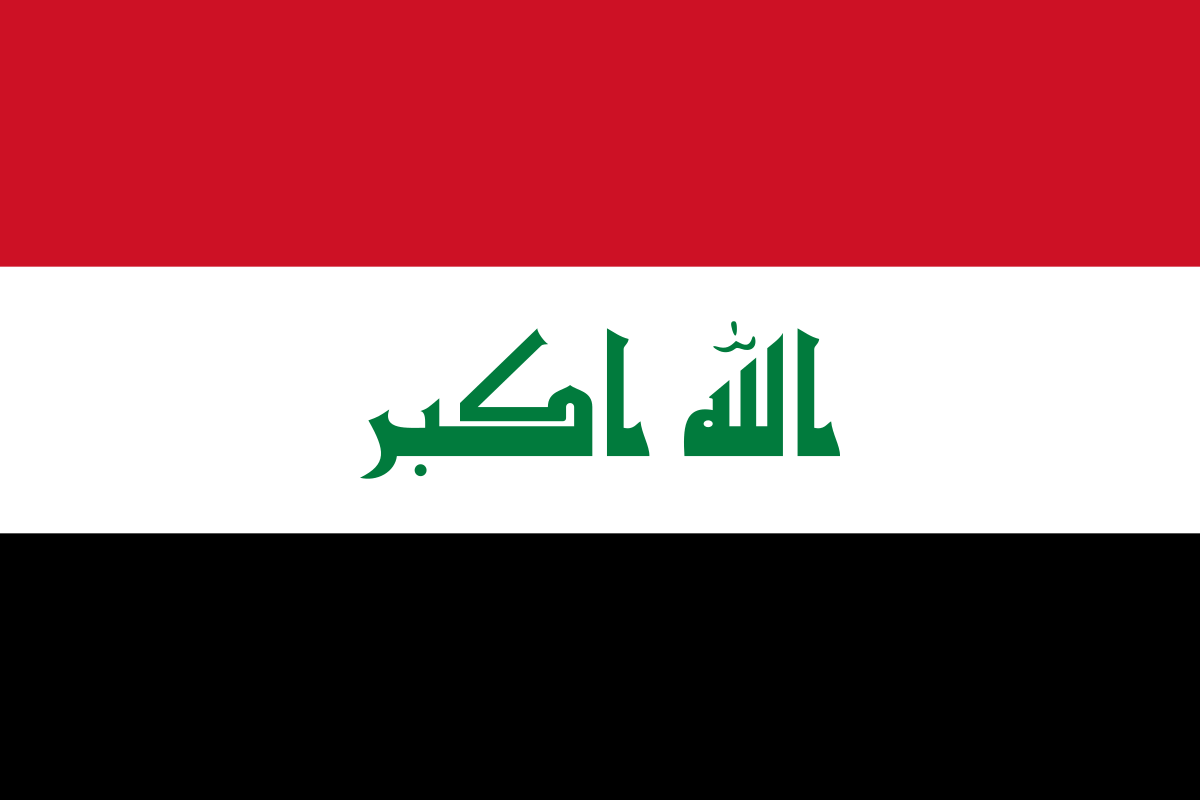
Even though the government keeps trying to stop people from using them, cryptocurrencies are becoming more and more popular in Iraq. The Iraqi Central Bank has been especially against them. In 2017, it said that they couldn’t be used, and that rule is still in place today. Early in 2021, the Ministry of Interior of the Kurdistan regional government also told money brokers and exchanges that they couldn’t handle cryptocurrencies.
Kosovo
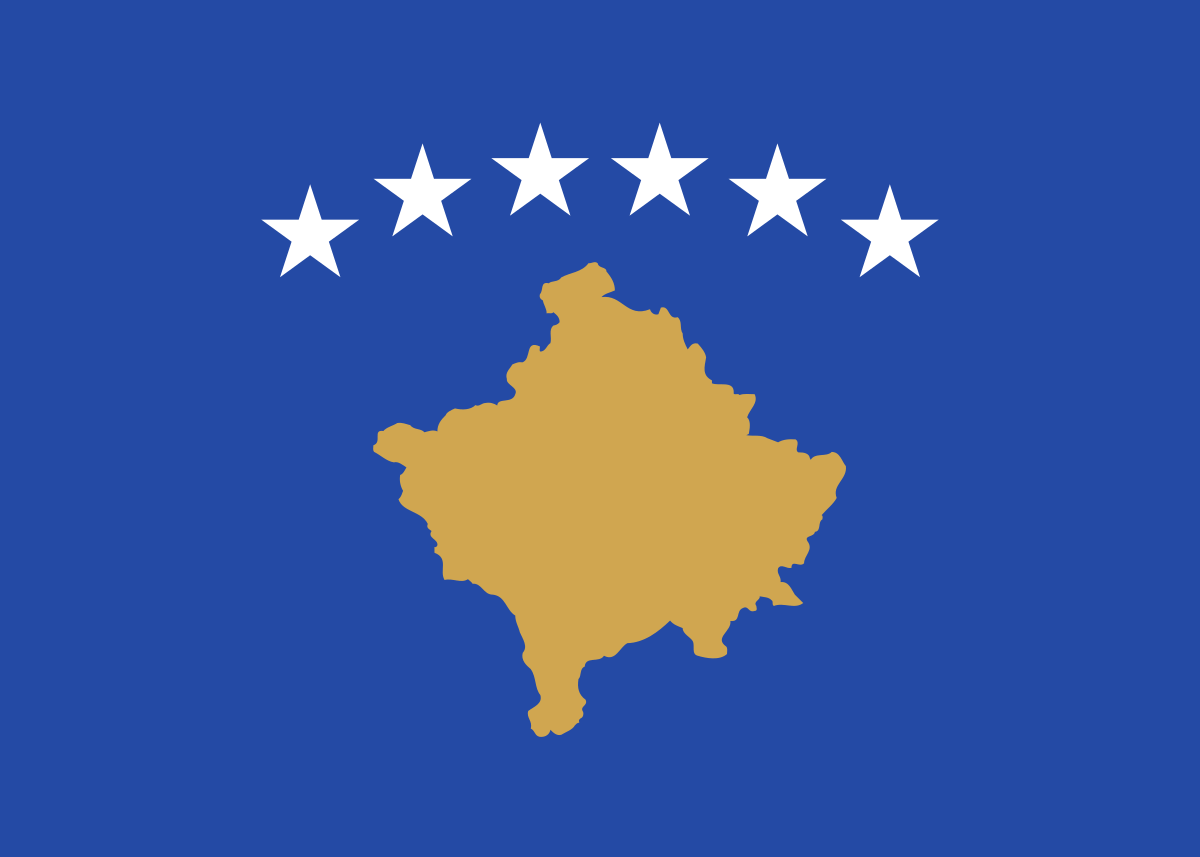
Even though it’s not illegal to own or trade cryptocurrency assets in Kosovo yet, the government banned cryptocurrency mining at the beginning of January, citing a growing energy crisis. The country, which declared its independence in 2008, is now facing the worst power shortages in its history. To save energy, scheduled power cuts have been put in place.
Nepal

According to the Nepal Rastra Bank, as of August 2017, Bitcoin is against the law.
North Macedonia

So far, North Macedonia is the only country in Europe that has a law against cryptocurrencies like Bitcoin, Ethereum, and others.
Turkey

As the value of the Turkish lira dropped, many people in Turkey turned to cryptocurrencies. With some of the highest use rates in the world, regulations came quickly this year as inflation reached its highest point in April.
Vietnam

The State Bank of Vietnam has said that issuing, selling, and using Bitcoin and other cryptocurrencies to pay is illegal and punishable by fines between 150 million VND and 200 million VND.

